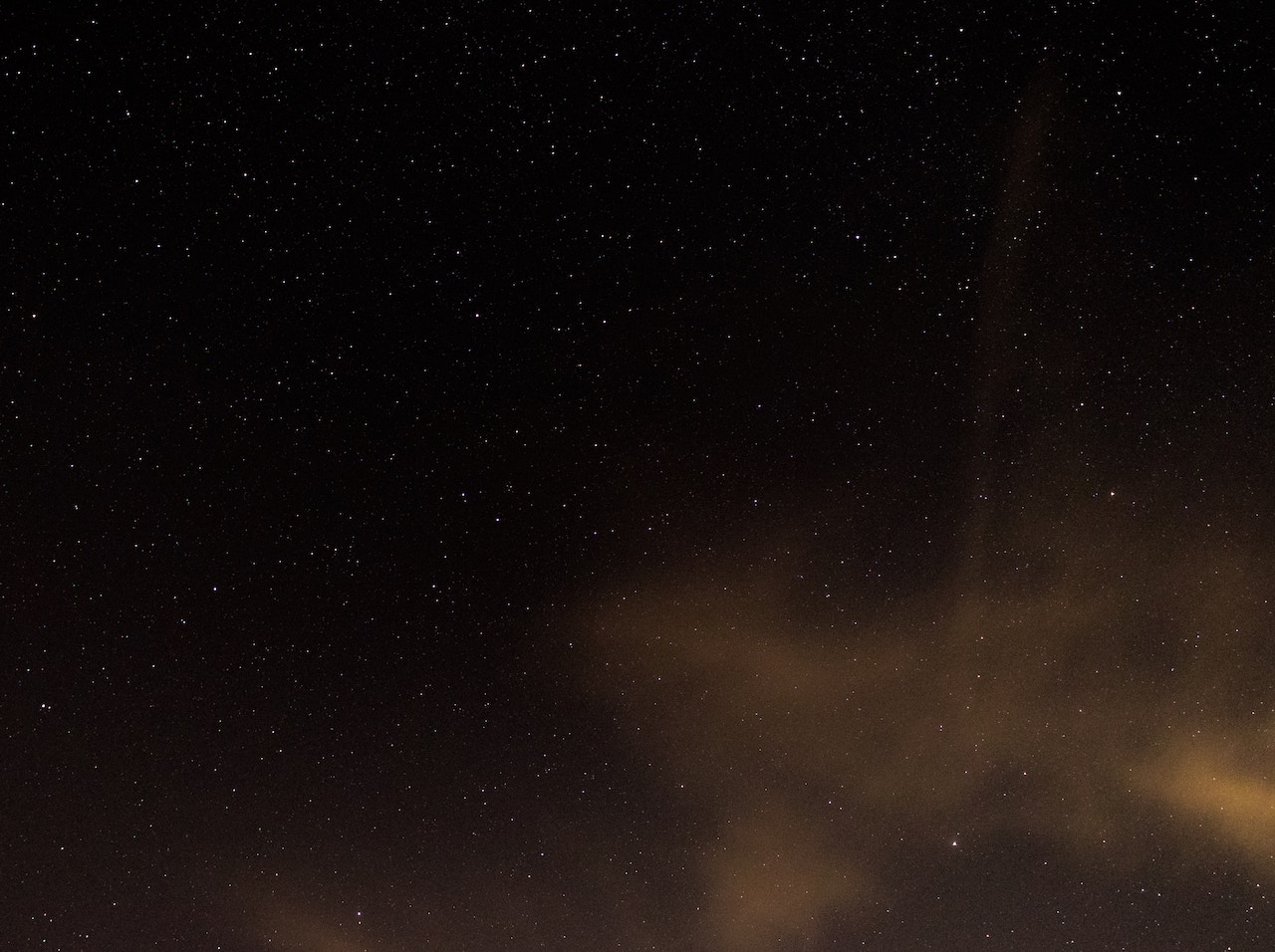Sarah Rose Nordgren: “Letter from a New England Girl”
Shortly after I moved to Provincetown Mass. in the Fall of 2008, I became plagued by a series of horrible nightmares. I had been told that my apartment at the Fine Arts Work Center was known to be haunted, and though I initially dismissed the story as a piece of superstitious art colony lore, the idea would seep into my brain when I was again sitting upright in my bed, clutched by terror from a dream. The thematic connection between the dreams was violence: or more specifically, the self-directed brutality of women as a counter-impulse to the outward-directed brutality of men. In this poem, which came after one of those fevered nights, Cape Cod’s long history of whaling serves as the backdrop connecting these opposing archetypes. I was thinking about how whalers would voyage out to sea, hunting whales with their harpoons and deconstructing the bodies for their parts, which had many uses. One of the uses for the baleen was in “whalebone” corsets – a common form of self-mutilation by/for women. The voice in …



